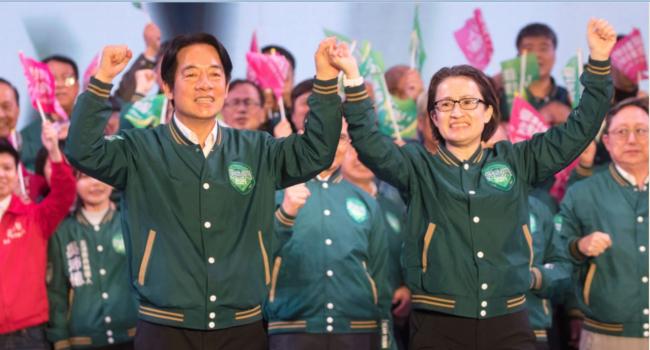Taiwan’s Trajectory under a New Administration and the Future of EU-Taiwan Relations

Practical information
Themes and regions
Related centers and programs
On 20 May 2024, William Lai was sworn in as Taiwan’s new president, marking the third consecutive mandate for the Democratic Progressive Party (DPP).

While Mr. Lai’s election suggests a degree of continuity, relations with Beijing have notably worsened in recent years and his inauguration was met with a show of force from China, with the People's Liberation Army conducting a new round of military exercises around Taiwan.
How will the new administration in Taipei cope with these structural changes and chart a course for Taiwan in the years to come? What role can the European Union play to contribute to maintaining peace and stability in East Asia and how can it pursue peaceful and constructive cooperation with Taiwan, particularly in the wake of the latest European parliamentary elections?
Speakers:
- Hung-jen Wang, Director, Institute for National Policy Research (INPR), Taiwan
- Zsuzsa Anna Ferenczy, Assistant Professor, National Dong Hwa University, Associate Research Fellow, Institute for Security and Defense Policy (ISDP)
Chair: Marc Julienne, Director, Center for Asian Studies, Ifri
The webinar is public and will be held in English online.
The link to the webinar will be sent the day before the event.
Find out more
Taiwan's Elections: Victory but No Blank Check for William Lai
On January 13, 2024, the Democratic Progressive Party (DPP) was reelected for an unprecedented third consecutive term since popular elections began in 1996.





